Alan Titchmarsh: 'I treasure still the letters that I received from him, not simply for their horticultural content, but their companionship'
The gardener, writer and broadcaster Alan Titchmarsh reminisces about the gardening letters he's received — and despairs at the thought of what might have become of them if they'd been sent by e-mail.

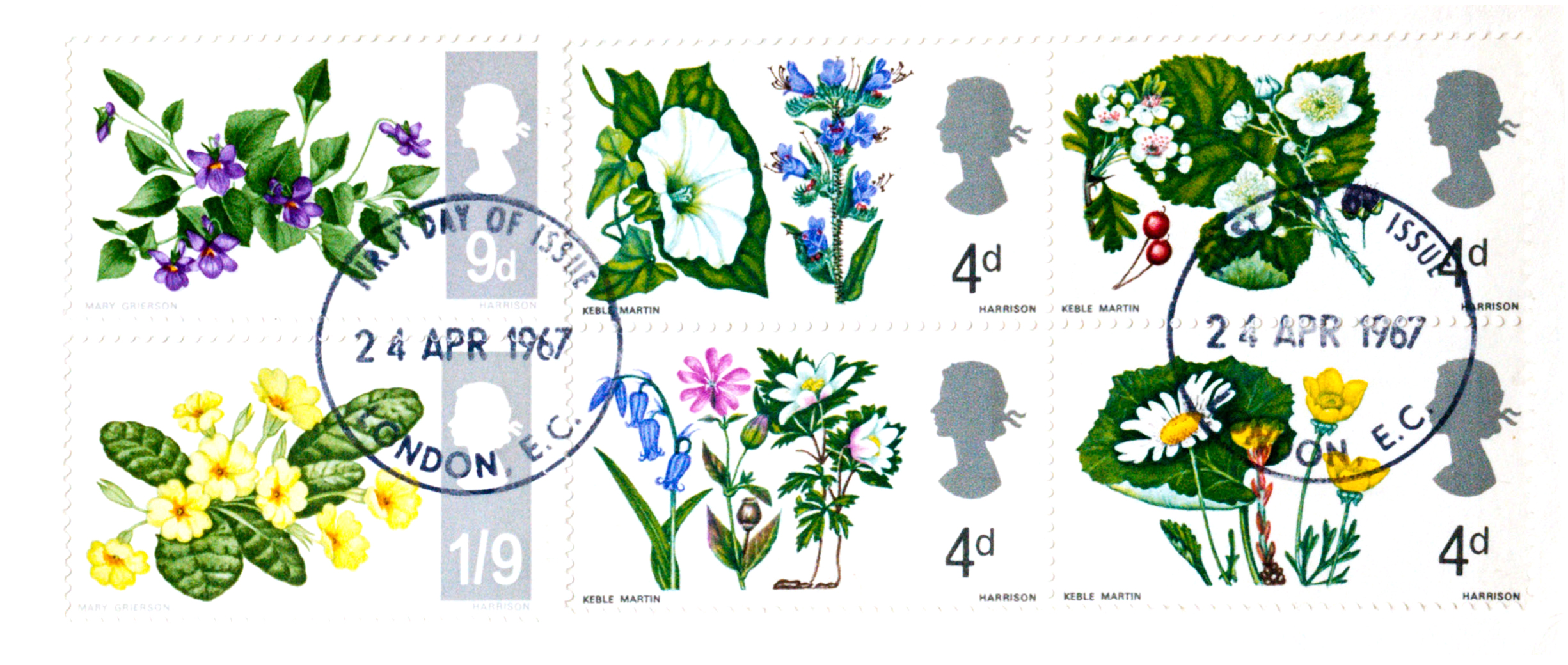
Rudyard Kipling’s ‘Needful job that’s crying to be done’, about which he waxes lyrical in The Glory of the Garden, can often be put off at this time of year. ‘It’s cold, it’s wet, it’s frosty, the earth has an impenetrable crust and I will damage the lawn if I walk across it’ are all legitimate excuses.
Better, perhaps, to make notes from time to time on the things that have annoyed us: the path that is in the wrong place, the lack of a focal point at the axis of a vista, the planting scheme that really didn’t work and which we must remember to tackle when the weather cheers up. And then there are letters to write.
Er… beg pardon? Letters?
"It is not simply the romantic notion of handwritten correspondence that I find so uplifting, but the physical action of finding a fountain pen that works, having decent writing paper and envelopes and a never-ending supply of stamps"
You see, I mourn the passing of written correspondence such as that undertaken by the Revd Gilbert White and his two pen-pals, the naturalists Thomas Pennant and the Hon Daines Barrington, which make The Natural History of Selborne as fascinating a read today as when it was first published in 1789. Had they emailed one another rather than putting pen to paper and sending off their missives by horse-drawn courier (postage stamps did not appear until 1840), we would not have enjoyed the delights of their discourse, for their ramblings would have vanished into the ether.
More recently, would we have smiled and learned from the letters exchanged by Country Life columnist Christopher Lloyd and Beth Chatto in their collected correspondence, published as Dear Friend and Gardener, had they simply pinged off emails to one another? Of course not.
It is not simply the romantic notion of handwritten correspondence that I find so uplifting, but the physical action of finding a fountain pen that works, having decent writing paper and envelopes and a never-ending supply of stamps — oh, and keeping up to date with the time of the last post at the pillar box on the corner.
Then there is the thought process involved in writing a letter — in ink — not capable of being edited ‘on the hoof’ except with ugly crossings out. It makes us think more deeply.
Exquisite houses, the beauty of Nature, and how to get the most from your life, straight to your inbox.
Christo would write his missives of an evening in front of a roaring fire in his Solar at Great Dixter, dachshund at his feet, board on his lap to provide a smooth writing surface, with a glass of whisky at his elbow. I treasure still the letters that I received from him, not simply for their horticultural content, but their companionship — gardening may be enjoyable as a solitary pursuit, but it is also isolating unless its highs and lows are shared with friends of like mind.
"Write to anyone today and they will be astonished (and usually delighted) to receive an envelope that does not contain a bill"
Among Christo’s pearls of horticultural and botanical wisdom, and details of a visit to Japan or to Scottish gardens, are suspicions that my wife, Alison, must keep me on the same diet as Tulip, his current dachshund, as my hair is every bit as sleek as the dog’s (at least, it was in 1984). Had they been sent electronically, I doubt I would be reading and smiling at them again because they would be buried somewhere in a computer that had long since become obsolete.
My own letters from Christo, and from Beth Chatto, another valued friend, sit in a little filing cabinet with historic letters from the likes of Sir Joseph Paxton and Gertrude Jekyll — neither of them discoursing at length to their correspondents, but tangible evidence of their influence and their existence. A friend of mine used to call it ‘touching the coat-tails of the famous’.
I suppose it is in a way; part of an unbroken line between one long-gone generation of gardeners and a more recent one.
Write to anyone today and they will be astonished (and usually delighted) to receive an envelope that does not contain a bill or a circular. (I am mindful here of Alan Bennett’s ‘Lady of Letters’, personified by Dame Patricia Routledge, who writes to all and sundry until they are drowning in a welter of unsolicited diatribes.)
Being in the public eye, I am in receipt of more than a handful of such missives myself, but letters from friends who have taken the trouble to sit down and share things, to make one smile, provoke differences of opinion and generally touch base in a thoughtful way are among the finest treasures of life. And when the weather is foul, there are few more congenial things to do than write a letter to a gardening friend.
'Marigolds, Myrtle and Moles — a Gardener’s Bedside Book' by Alan Titchmarsh is out now.
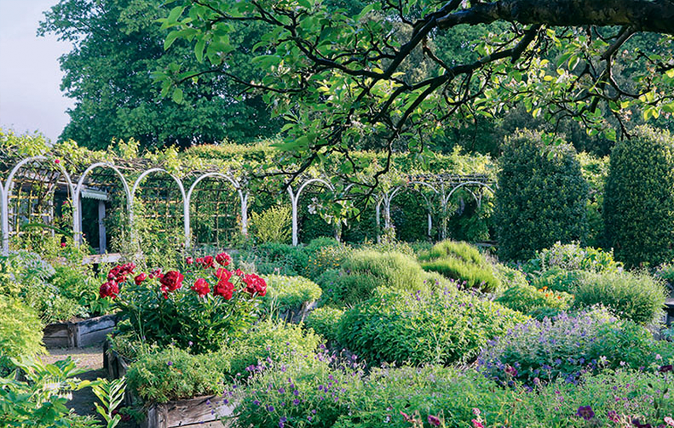
Alan Titchmarsh: The poetic pleasure of plant names
Our gardening expert on the days spent learning the names of some of the most obscure plants in Britain.
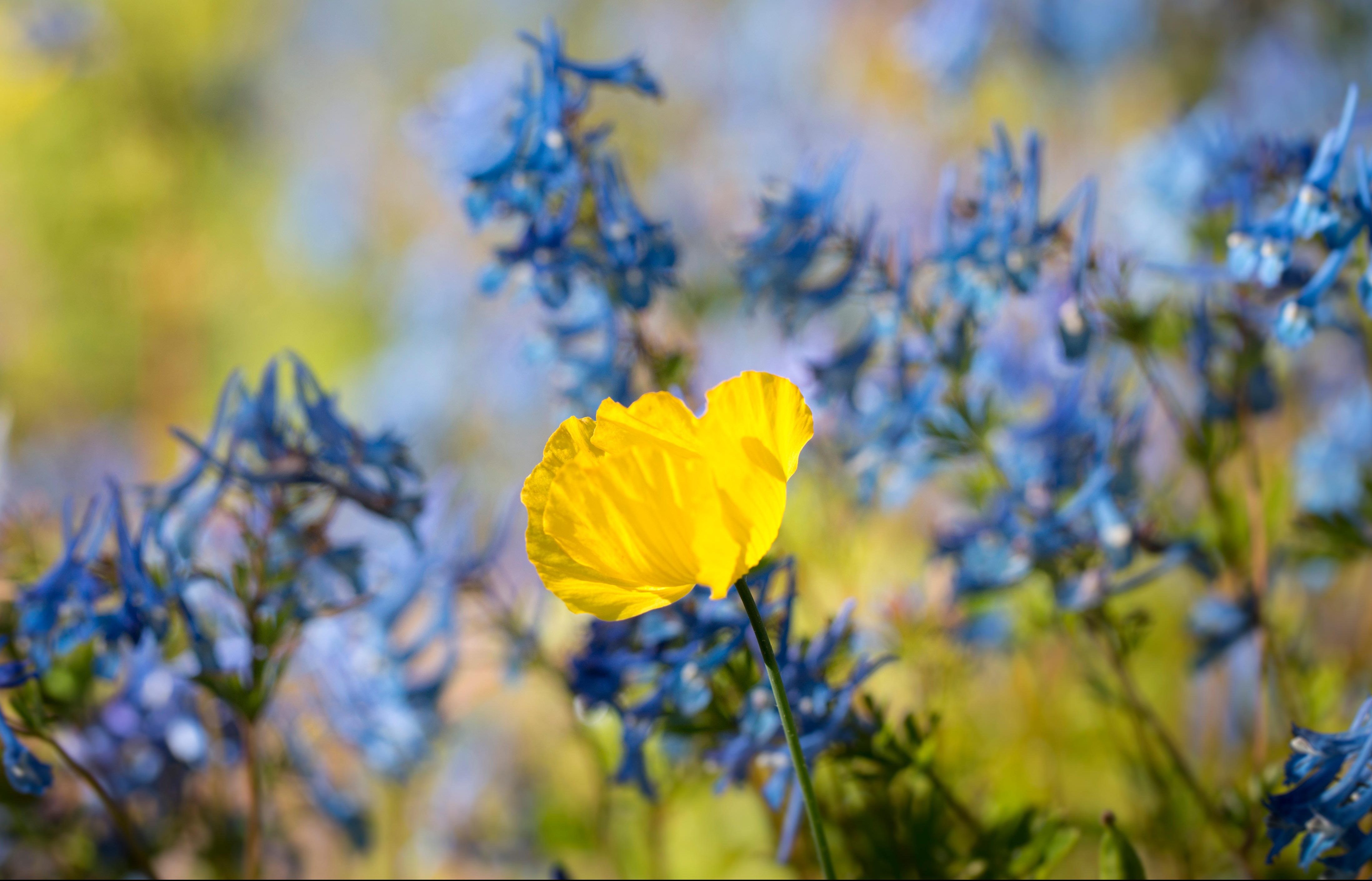
Alan Titchmarsh: The weeds I welcome with open arms
Our columnist Alan Titchmarsh used to spend hours ridding his garden of anything he hadn't planted himself. These days he
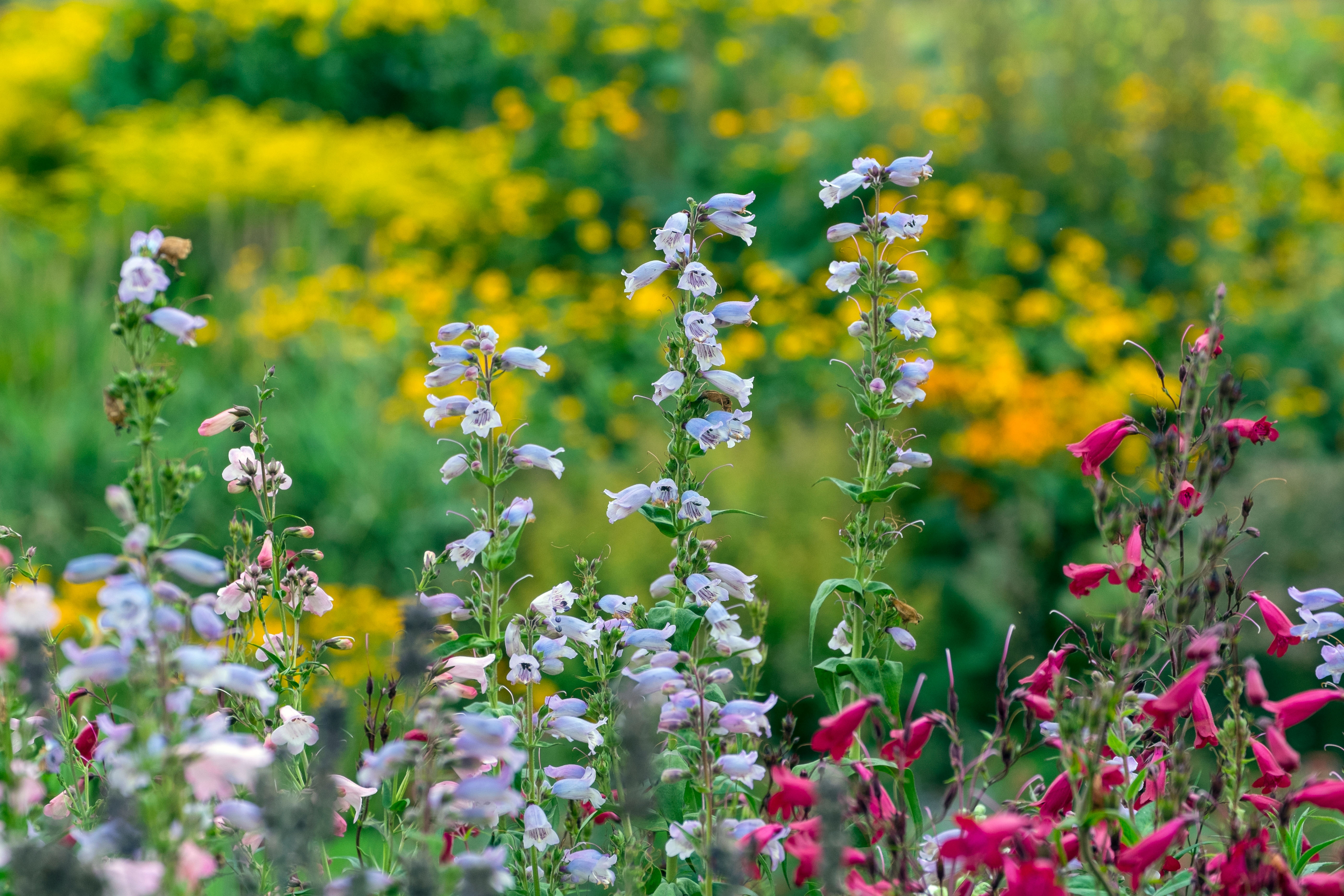
Credit: Gary K Smith / Alamy
Alan Titchmarsh: The ultimate flower for the lazy gardener
Penstemons are easy to grow, hardy, and flower for months — even the slugs don't both them. They might just be
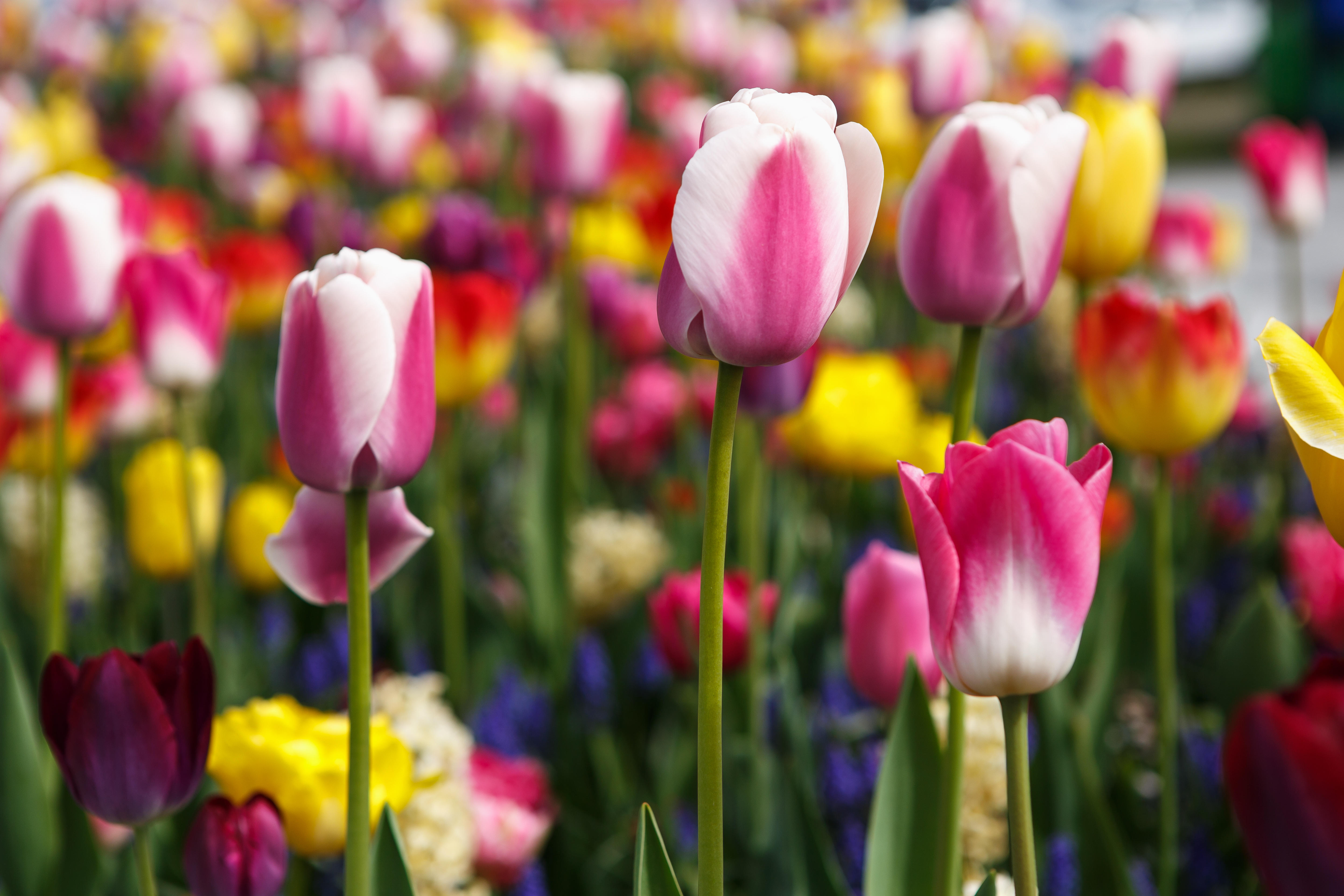
Credit: Alamy
Alan Titchmarsh: The best time of year to plant tulips
Alan Titchmars on planting tulips - and avoiding the grind of removing and storing bulbs every year.
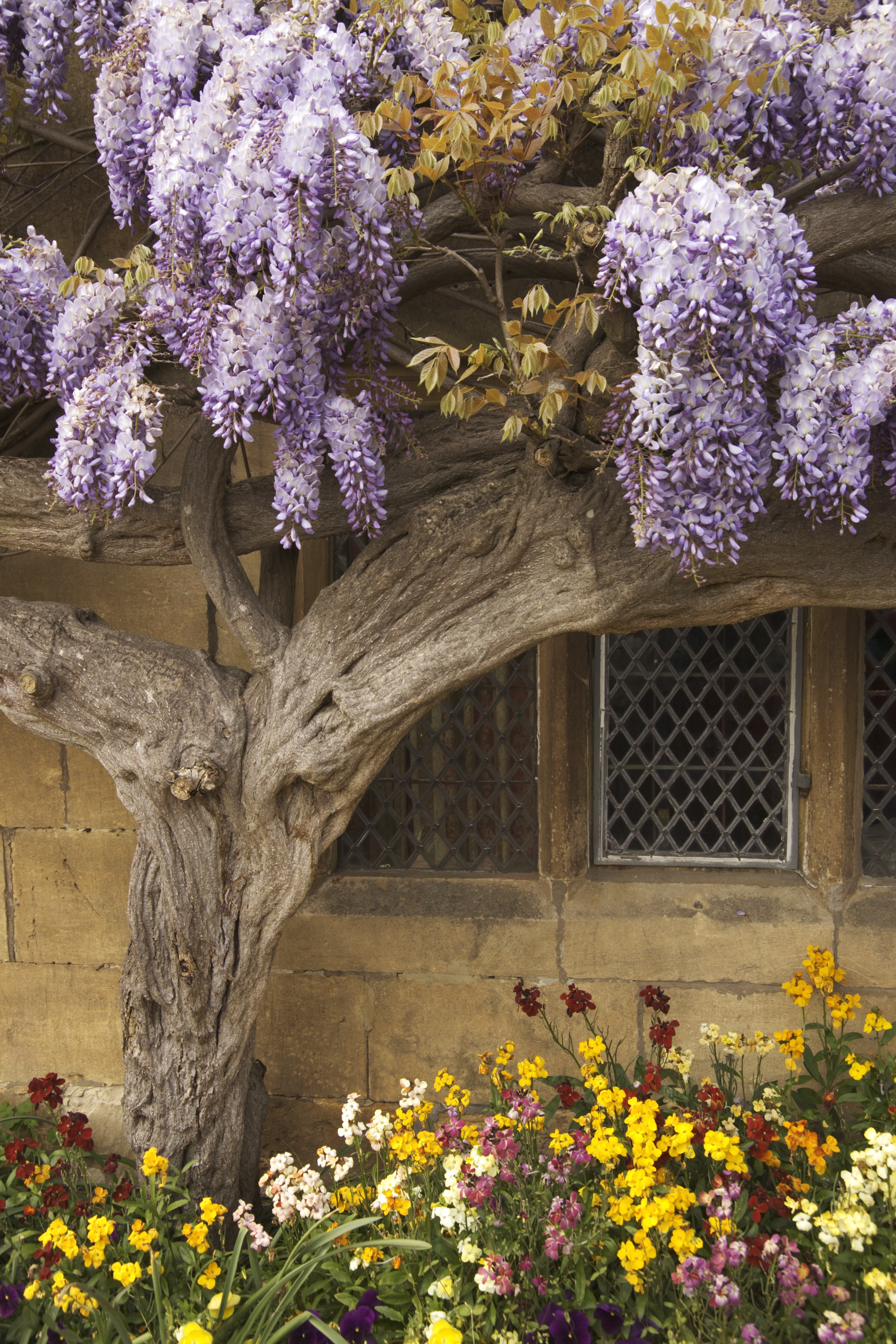
Credit: Getty
Alan Titchmarsh: A foolproof guide to growing wisteria
If you've been enviously eyeing the extraordinary wisteria on display across Britain this summer and wondering how you can grow
Alan Titchmarsh is a gardener, writer, novelist and broadcaster.
